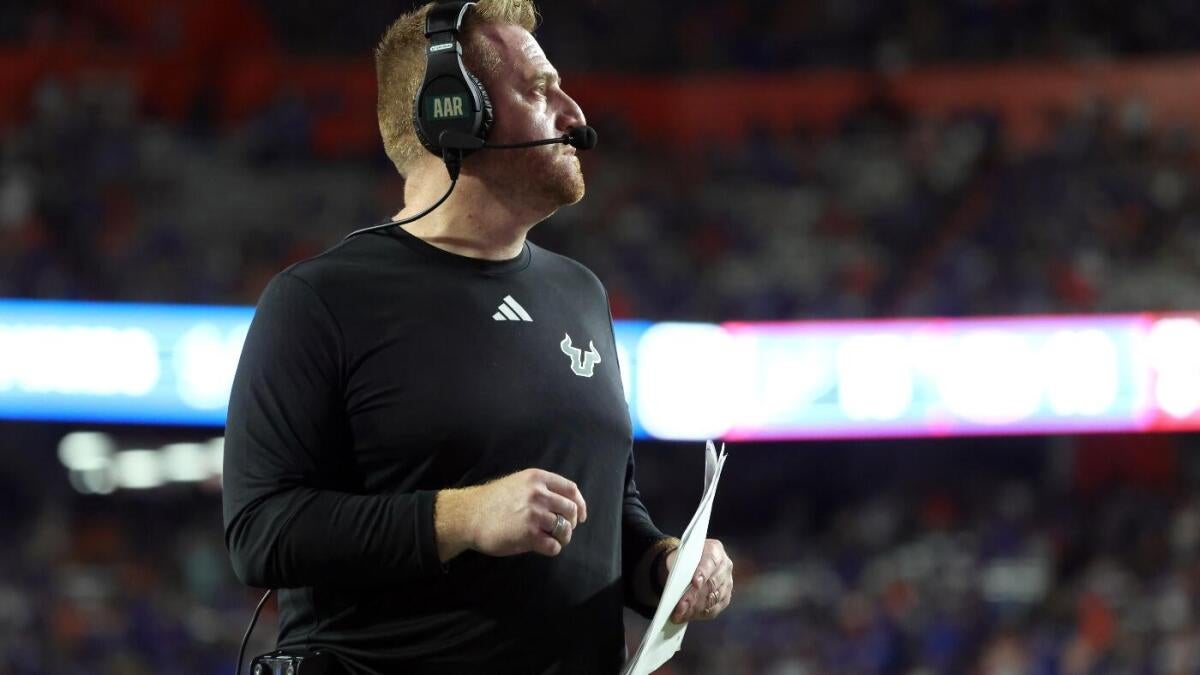Will Iran Act to Prevent UN Sanctions Snapback?

Published: 2025-09-17 11:37:05 | Category: politics diplomacy GNEWS Search
The recent warning from Germany to Iran underscores the escalating tensions surrounding Iran's nuclear programme and the potential for renewed United Nations sanctions. The so-called "snapback" mechanism, part of the 2015 nuclear deal, is designed to automatically reinstate sanctions unless the U.N. Security Council intervenes. If these sanctions are enforced, Iran could face severe economic consequences, including asset freezes and restrictions on its arms deals.
Last updated: 27 October 2023 (BST)
Key Takeaways
- Germany has warned Iran about insufficient actions to prevent the return of U.N. sanctions.
- The "snapback" mechanism could be triggered by the end of September unless halted by the U.N. Security Council.
- Potential sanctions will target Iranian assets, arms deals, and missile development.
- The diplomatic situation involves major powers, including France, Germany, and the UK.
- Iran has not publicly responded to the latest diplomatic communications.
Understanding the "Snapback" Mechanism
The "snapback" mechanism is a pivotal component of the Joint Comprehensive Plan of Action (JCPOA), commonly known as the Iran nuclear deal. This agreement was reached in 2015 between Iran and six world powers, including the UK, France, Germany, China, Russia, and the United States. The primary aim was to curb Iran's nuclear capabilities in exchange for relief from economic sanctions.
Under the snapback provision, if Iran is found to be in violation of its commitments, any of the signatory countries can initiate the restoration of all previous U.N. sanctions. This process is designed to be swift and efficient, allowing for a veto-proof reinstatement of sanctions without needing consensus from all U.N. Security Council members.
The Current Diplomatic Landscape
In recent communications, Germany has explicitly stated that Iran has not yet taken the necessary actions to prevent these sanctions from being reinstated. This warning follows a call involving key European powers and the EU’s foreign affairs chief aimed at addressing concerns about Iran’s nuclear activities. The diplomatic climate remains tense, with Iran's response to this latest development still pending.
The context of these discussions is critical, as Iran has been progressively increasing its uranium enrichment levels, which raises concerns among the P5+1 nations (the five permanent members of the U.N. Security Council plus Germany). The resumption of sanctions could severely impact Iran's already struggling economy, which faces significant challenges due to existing constraints.
Implications of Renewed Sanctions
If the snapback mechanism is activated, Iran will face a series of stringent measures aimed at crippling its economic capabilities. These include:
- Freezing Assets: Iranian assets held abroad will be frozen, limiting the country's access to international financial markets.
- Halting Arms Deals: All arms transactions with Iran will be prohibited, affecting its military capabilities.
- Ballistic Missile Development: Restrictions will be placed on Iran’s missile development activities, further isolating it from technological advancements.
The potential economic fallout from these sanctions could be dire. The Iranian economy is already reeling from years of crippling sanctions and the impact of the COVID-19 pandemic, which has led to soaring inflation and unemployment rates.
What Happens Next?
The next steps hinge on the actions taken by both Iran and the international community. The U.N. Security Council will need to decide whether to intervene and halt the snapback process. If it does not, sanctions could be reinstated by the end of September, leading to significant repercussions for Iran.
In light of these developments, it is crucial for all parties involved to engage in meaningful dialogue to prevent further escalation. The situation remains fluid, and the potential for diplomatic solutions exists if both sides are willing to negotiate in good faith.
Conclusion
The warning from Germany serves as a stark reminder of the fragile state of international relations regarding Iran's nuclear programme. With the threat of renewed sanctions looming, the urgency for diplomatic engagement is greater than ever. As events unfold, the focus will be on whether Iran can take the necessary steps to avoid the snapback of U.N. sanctions and mitigate the economic fallout that would ensue.
As the international community watches closely, the future of Iran's nuclear ambitions and its economic stability remains uncertain. Will diplomatic efforts be enough to avert another round of sanctions? Only time will tell. #IranNuclearDeal #UNSanctions #DiplomaticEfforts
FAQs
What is the Iran nuclear deal?
The Iran nuclear deal, formally known as the Joint Comprehensive Plan of Action (JCPOA), was an agreement reached in 2015 between Iran and six world powers. It aimed to limit Iran's nuclear activities in exchange for the lifting of economic sanctions.
What does the "snapback" mechanism entail?
The "snapback" mechanism allows for the automatic reinstatement of U.N. sanctions on Iran if it violates the terms of the JCPOA. This process does not require agreement from all U.N. Security Council members, making it a quick response measure.
What are the potential consequences of renewed sanctions on Iran?
Renewed sanctions could freeze Iranian assets, halt arms deals, and restrict missile development, leading to severe economic repercussions and further isolating Iran from the global economy.
How might Iran respond to the threat of sanctions?
While Iran has not publicly commented on the recent warnings, potential responses could include diplomatic negotiations to alleviate tensions or further escalation of its nuclear activities.
What role do European nations play in the negotiations with Iran?
European nations, particularly France, Germany, and the UK, are key players in the negotiations, advocating for adherence to the nuclear deal while also seeking to address concerns over Iran's nuclear activities.



